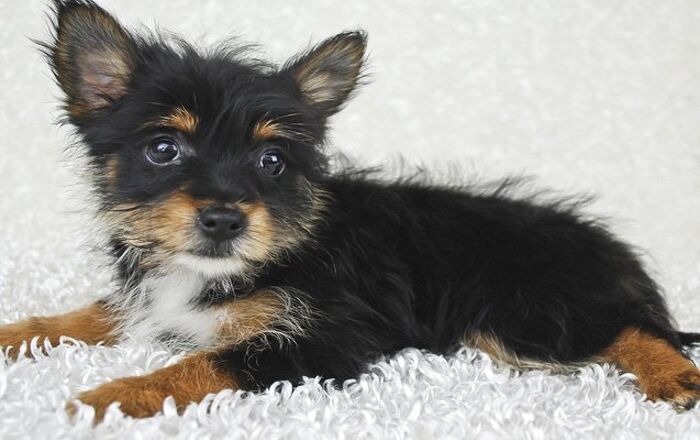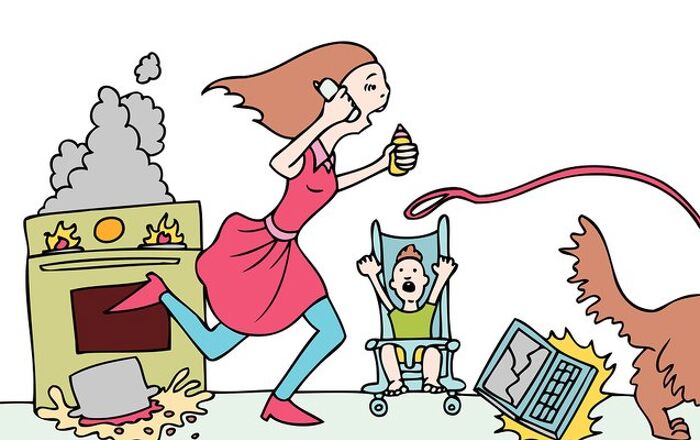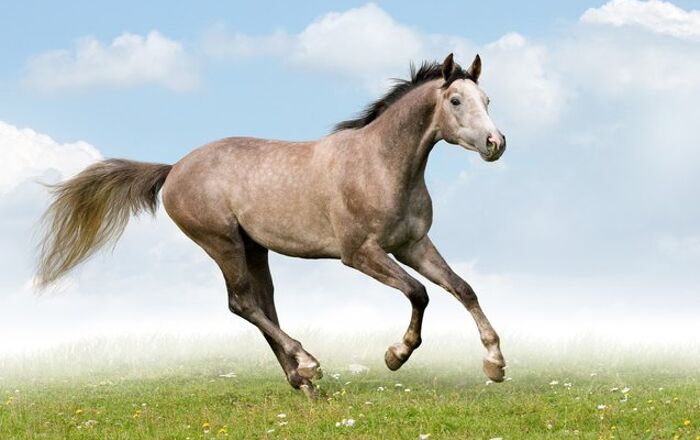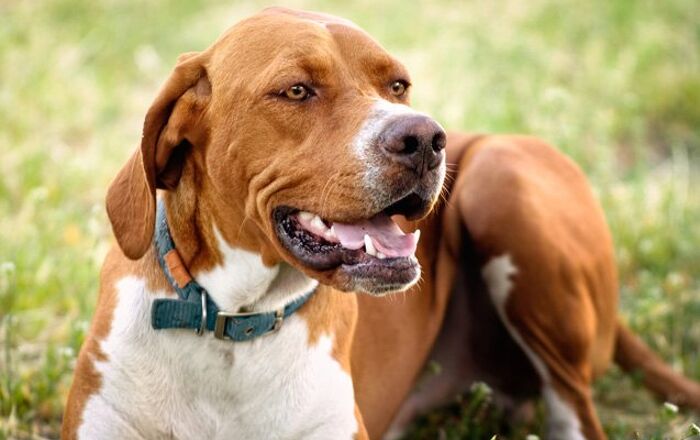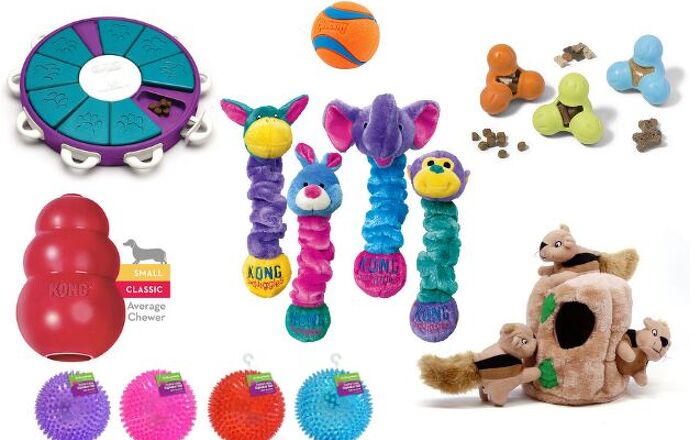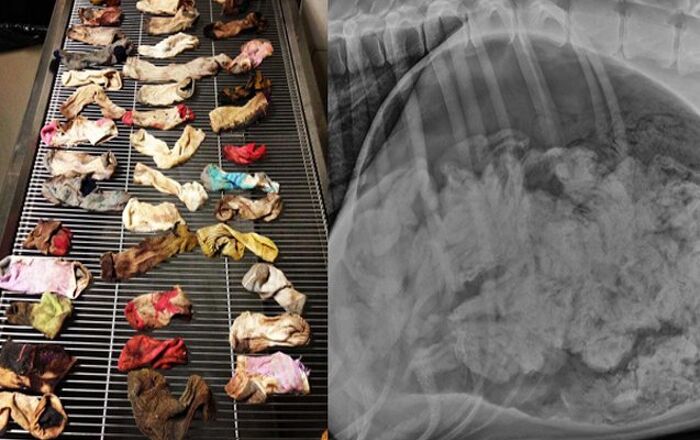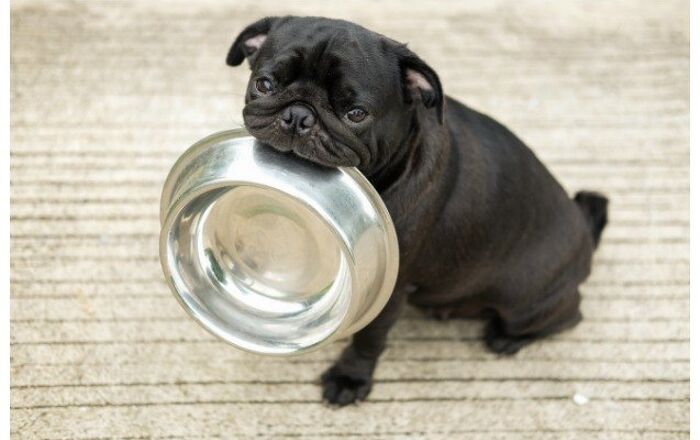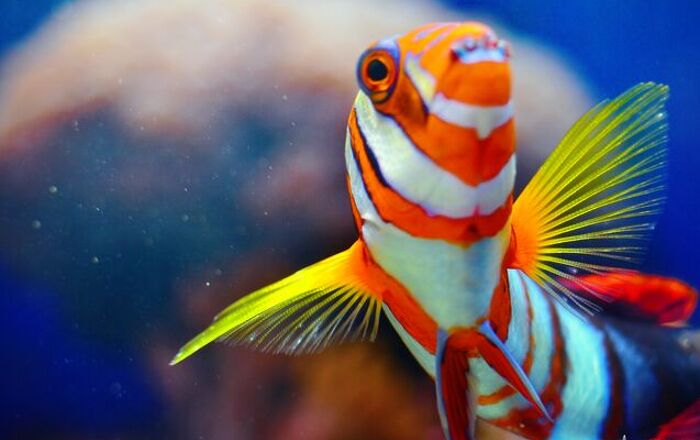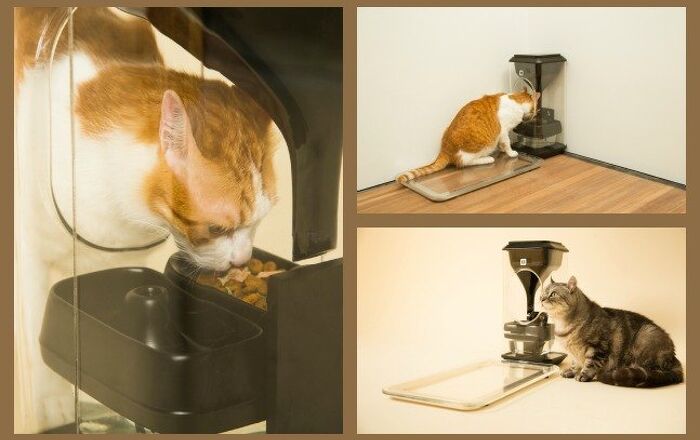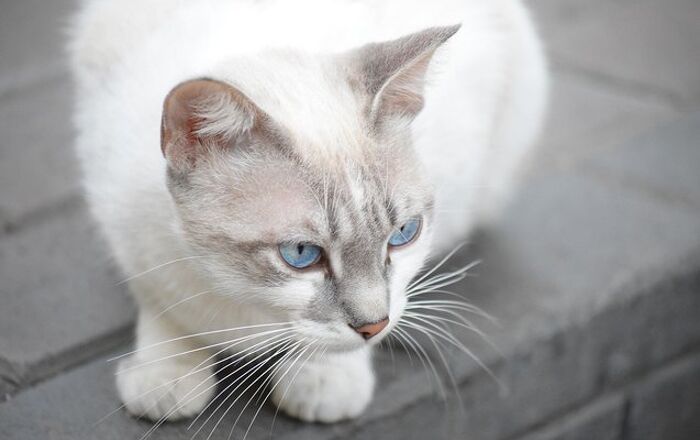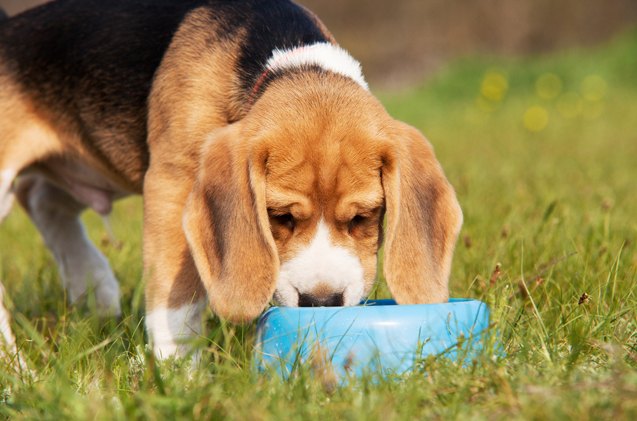
Ice water for dogs? Is that even safe for them? Let’s separate fact from fiction and get to the cold, ice hard truth!
You probably already know that there are certain “human” foods that are very dangerous for dogs – things like chocolate, grapes, caffeine and onions. But what about seemingly innocuous items like ice cubes and ice water? It’s just water, sure, so it’s completely normal that it would be safe for dogs, but it’s the temperature that raises concern – icy cold might not be the healthiest for your pooch, but does that also mean that it is harmful? There is a great deal of misinformation out there regarding this particular item for dogs so it is important that you take the time to read correct information on the subject.
How the Controversy Began
Rumors regarding the dangers of ice cubes and ice water for dogs have been circulating since 2007, but the main culprit of the myth was a cautionary tale written way back in 2010. This article titled “No Ice Water for Dogs… Please Read ASAP” tells the story of Baran, a show dog who was given ice water by his owner following a competition to help him cool down. Within 30 minutes of drinking the water, Baran reportedly began showing signs of distress and was rushed to a veterinary clinic where he was diagnosed with gastric dilation volvulus, or bloat. According to the vet, the ice water caused Baran’s stomach muscles to cramp and twist, leading to a life-threatening situation that could easily have been fatal if the dog hadn’t received prompt veterinary treatment.
As the Interwebs are prone to do, the concern spread. Since its publication, this article has received a lot of attention and a great deal of flack regarding its accuracy. The author of the article has even published replies to comments in hopes of clearing up any confusion. Regardless, the question of whether ice water is safe for dogs continues to circulate, well over a decade later. So what is the real truth behind this story?
The Truth of the Matter: Bloat Is The Bigger Concern
If you’re not curious about the backstory of this urban myth or the real reason why the dog from the blog had dangerous bloat, you don’t need to read on – the long and short of the matter is that ice cubes and ice water are not dangerous for dogs. But, if you want to find out what could possibly still endanger your dog when they are drinking cold (or any temperature) water, you’ll want to stick around . It is dangerous for a dog to drink water (regardless the temperature) too quickly because they are likely to swallow a lot of air in the process – this is the more likely cause of Baran’s distress. When a dog swallows too much air during the consumption of food or water, it can lead to bloating in the stomach which contributes to the dangerous condition called gastric dilation volvulus.
Bloat
And as we know, the breathing issues are a huge concern, particularly if we’ve given our dogs ice water to cool them off. They’ve probably been panting to cool themselves off and there’s little way to know if the panting they’re doing is now coming from their self-cooling or because it’s difficult to breathe because of bloating.
Additionally, the more severe condition known as gastric dilation and volvulus (GDV) can be fatal if you don’t get to it and treat it quickly enough. This is because as opposed to simple bloat that may occur when your dog takes in too much air with water gulps, with GDV, your dog’s stomac will fill with that air and gas and rotate like a balloon. It can twist and turn anywhere from 180-360 degrees in your dog’s abdomen and when that happens? Your dog’s stomach can be closed off at both ends, leaving no way for air to get out. And without consistent blood supply? Your dog’s stomach and other organs go downhill and fast. This is likely the case in dogs like Baran, and more likley to happen when your dog is super thirsty (or even hungry) and gulps water to cool–regardless of the temperature of the water.
IF your dog should take in water quickly, whether it’s ice water or room temp, look for the following signs after:
Noticing any of these signs should be a reason for concern. It’s better to be safe than sorry and reacting on time can be what saves your dog’s life – take your dog to the vet if they gobble down water too fast and start exhibiting any of the symptoms above.
Preventing Bloat in Dogs
Though giving your dog ice water to cool down is not dangerous, you should always be careful about cooling your dog too quickly. Rather than soaking your dog in ice water, try draping him in a wet towel or having him lie down on a cool surface. It’s much safer to cool down your pet gradually – even if it seems that quick action would be more efficient, it’s actually not. If the dog is cooled too quickly, it could cause the capillaries in his skin to close off which could interfere with the cooling of internal organs. Once your dog’s body temperature drops below 103° there is no longer any danger of heat stroke.
In terms of preventing bloat in dogs, it all comes down to keeping them from eating or drinking too quickly. Keep an eye on your dog as he eats and drinks to make sure that he doesn’t become overeager and take in lots of air as he drinks. It is also wise to avoid exercising your dog within thirty to sixty minutes of mealtime. Large breed dogs are particularly prone to gastric dilation volvulus because of their deep chests – it is often recommended that you use an elevated food bowl for these breeds.
As long as you are responsible about the way you feed and water your dog, you shouldn’t have to worry about bloat. Remember, ice cubes and ice water are not inherently dangerous but you should still be careful about how you use them.
Now that we’ve determined that ice cubes and ice water alone are not responsible for bloat in dogs – it’s consuming water too quickly – the question remains, should you still give ice cubes to your dog and are there any other concerts besides bloat to think about. First, you shouldn’t let your dog chew on ice cubes as it can hurt their teeth or even cause them to chip or break, not to mention that it can be a choking hazard. However, you can put a few ice cubes in your dog’s water bowl to cool it down on hot summer days, both to make it more appetizing and more refreshing to your dog.
A safe, healthy way to introduce frozen liquids to your dog in order to help them cool down without any of the potential risks that would come with giving ice cubes or worrying if they chug down their icy water too fast is offering freezable dog treats that can be filled with yogurt, pureed veggies or fruits, or even peanut butter and then left in the freezer for a few hours or overnight to create an ice cream-like treat for your four-legged bestie. The design of the toy will allow only partial access to the frozen goodies inside it, so you don’t have to worry about your pooch breaking off an icicle chunk that could hurt them or swallowing the whole thing in one go. Instead, they’ll be “forced” to slowly lick the frozen treat, which will cool them down and engage them for a good while.


